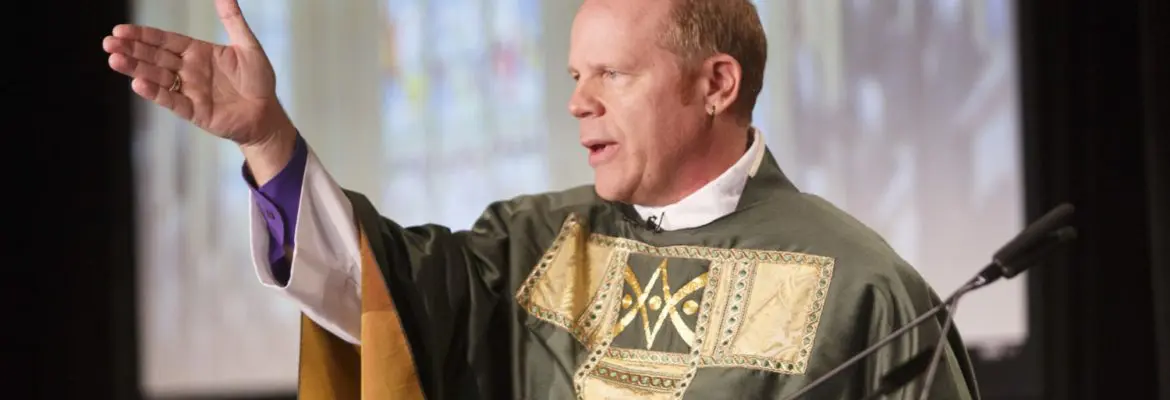
Dear Friends in Christ,
Increasingly in our common life, including in many of our churches, public gatherings begin with a Land Acknowledgement – a recognition of the peoples and nations who have long inhabited and stewarded the land on which we are all now privileged to live and work and worship. These land acknowledgements are also poignant reminders of the history of Treaty agreements that have not been honoured, either historically or in our current day.
In 2016, the Province of Ontario passed legislation declaring the first week of November as Treaties Recognition Week. This annual event highlights the importance of Treaties, agreements that set out the rights, responsibilities and ongoing obligations of peoples to one another and to creation. Treaties Recognition Week responds to the Truth and Reconciliation Commission’s Calls to Action to raise awareness of Treaties and Indigenous histories.
Those of us who live, move and have our being in Southern Ontario, on the beautiful land north of Lake Ontario or Niigaani-gichigami, are all Treaty people. Treaties bind us all in relationship to one another, all creation, and the Indigenous Nations whose homelands sustain us. Treaty-making is a sacred and ceremonial practice that Indigenous Nations have used since time immemorial to create agreements and shared understanding between Nations.
The Michi Saagiig or Mississauga Nation of the Anishinawbe Confederacy signed the first Toronto Treaties with the British Crown. Before European migration and colonization of Turtle Island (North America), the Michi Saagiig had entered into Treaties with the Wendat Nation and Haudenosaunee Confederacy to share and sustain the life of the Great Lakes region. In the same spirit, Treaties were extended to European settlers to share the land on the north shore of Lake Ontario. Indigenous Nations negotiated Treaties with the Crown as sovereign and self-governing Nations; they did not surrender their authority or nationhood.
Neither did the Treaties surrender the entirety of the land, but encouraged a sharing of resources “to the depth of a plough.” The Treaties did not intend to transfer private property, as this is a European concept. The Treaties negotiated by Michi Saagiig did not surrender title or governance of their lands to the Crown. Indigenous Nations upheld their end of the Treaty relationship, but the Canadian government did not respect the unsurrendered sovereignty of Indigenous Nations. The legacy of this broken relationship is found in the hundreds of years of displacement from traditional territories, the Indian Act and pass system, and the forced assimilation and genocide policies of Indian Residential Schools, which contradicted the Treaties and eroded Indigenous nationhood, clans and families.
As we recognize Treaty Week, we recognize the many ways in which the Treaty relationship has been broken and we commit ourselves to deepening our understanding of what it means to be Treaty people. This is a time to educate ourselves, reflect and offer gratitude for Indigenous stewardship of this land, water and territory. This is a time to commit ourselves to supporting the sovereign leadership of Indigenous peoples on this territory. This is a time to reflect on how we can deepen our recognition and respect of the inherent rights of Indigenous peoples to governance and leadership on this territory.
I commend to you this map, which will illustrate the Treaties within our Diocese. Together with our Right Relations Coordinator, the Rev. Leigh Kern, I encourage you to use these additional resources:
- Interviews with Elders on the significance of Treaties
- The film “Trick or Treaty” by Alanis Obomsawin
- Treaties Recognition Week 2021 statement by Mississaugas of Rice Lake Chief and Council
More educational resources and book recommendations are available from the Toronto Public Library or on our website.
Please commit with me to learning more about the Treaties, and to strengthening equitable and respectful relationships amongst all peoples, in our Church and in our society.
Yours in Christ,
The Rt. Rev. Andrew Asbil
Bishop of Toronto